Huge student flats plan that has divided community set to be refused
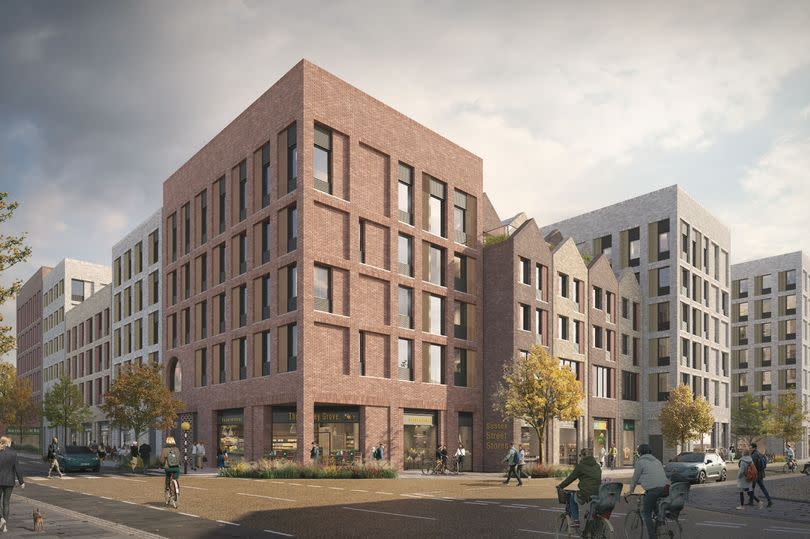
Plans to turn an industrial estate near Bristol’s main recycling centre into a home for more than 700 students have sparked a huge controversy that goes to the heart of the expansion of the student population into brownfield sites around the city centre.
Developers want to demolish the industrial units and build a new student accommodation complex for 705 students, along with a community centre, new supermarket and ‘workspaces’ for local businesses on a site in St Philips next to The Dings.
But the plans have divided the community - and council planning officers have now recommended councillors refuse them next week - because it will mean losing or moving one of Bristol’s key creative industry businesses, the site will ‘harm the balance’ of the immediate community and the students who live there will be left surrounded by industrial estates in what planners describe as a ‘hostile’ setting.
Read next: Plans for new supermarket and student accommodation unveiled on industrial estate
Read more: First look inside Bristol University's biggest new student halls
Bristol Live first revealed developers Dominus’ plans for the prominent site on the junction of Kingsland Road and Sussex Street more than a year ago. Dominus embarked on a round of consultation with the community and included a new supermarket and community centre on the ground floor of what will be a range of student accommodation between four and eight storeys high. The plan, which will provide rooms for 705 students, will be one of the largest Purpose-Built Student Accommodation (PBSA) developments in Bristol - for context, the largest official Bristol University halls development opens in September in Bedminster with rooms for 819 students.
The extra benefits that are proposed have been welcomed by many local people. The Old Market Community Association, the Dings Community Association and the local city councillor Yassin Mohamud (Green, Lawrence Hill) have all backed the project, saying it will bring much-needed community facilities to an area where people live in flats and homes largely surrounded by industrial estates.
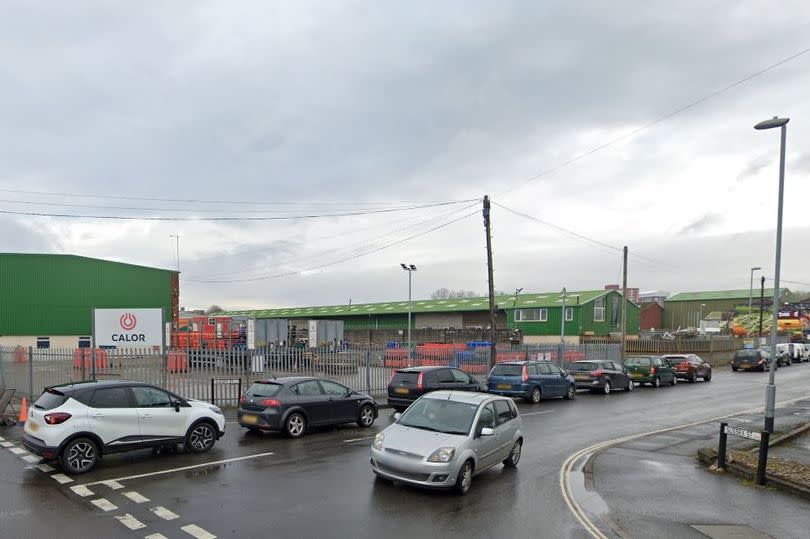
Cllr Mohamud told council planners that if they were going to recommend the scheme be refused, he wanted councillors to make the final decision - and that is now happening, with a refusal recommendation going to next week’s council planning meeting.
“Any desire for this site to retained for industrial-only use does not reflect the community’s wishes, and the proposed scheme offers new industrial jobs as part of a wider mixed-use regeneration,” he said.
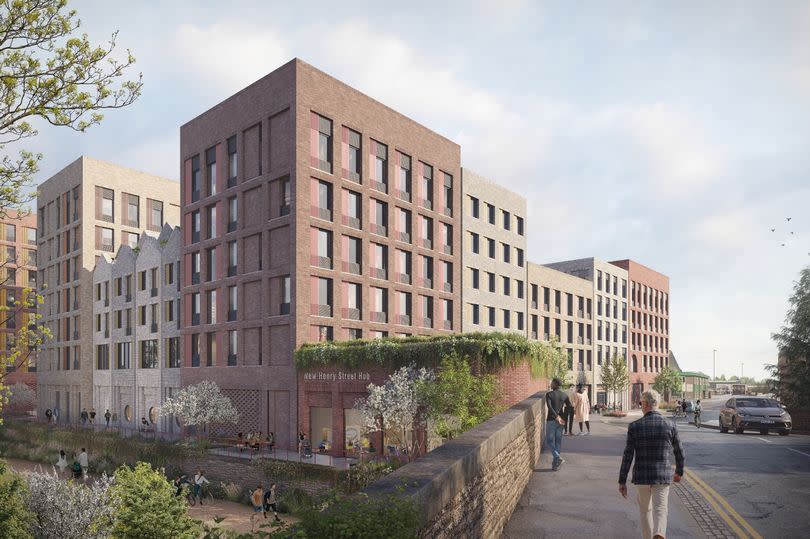
“The mixed-use scheme has many benefits for our community including a small supermarket, much-needed in The Dings, a new community centre which would in part be used for education to support literacy, numeracy and ICT skills for some of our residents - the developer has been in discussions with a local education charity to potentially be involved.
“This was requested by ward councillors, something the applicant has fully taken on board,” he added.
Sign up to receive daily news updates and breaking news alerts straight to your inbox for free here.
Paul Bradburn, the chair of the Old Market Community Association, said it ‘strongly supports’ the proposal. “Dominus’ genuine approach to creating a development which will provide meaningful and practical community assets as part of its offering leads us to strongly support the proposal,” he said.
And Sal Caseley, from the Dings Community Association, said: “Dominus has listened to various suggestions from the Dings residents and integrated them into the scheme…we are very much in favour of this development proceeding.”
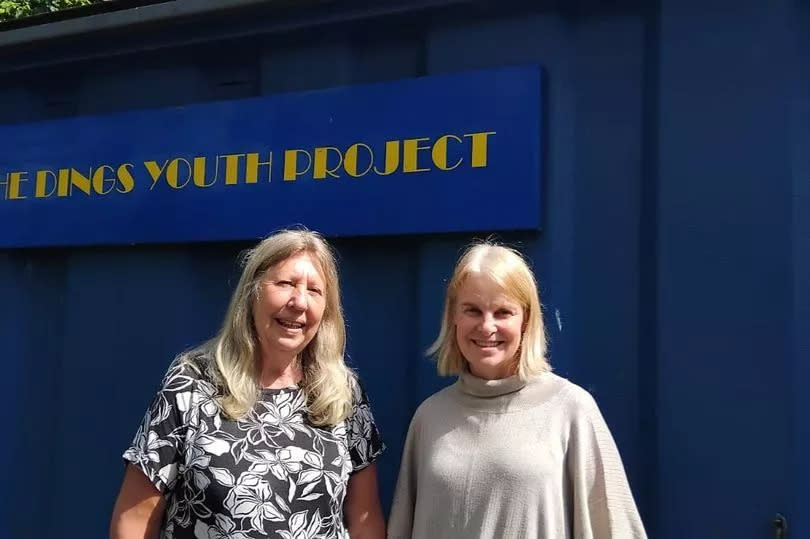
But the planners have been deluged with a huge number of objections too - a total of 574 have been registered as objections on the council’s planning portal, but the officer’s report to councillors says, bizarrely: “A total of 586 contributions have been received. Of these, 7 are in support and 688 are in objection to the proposed development and 10 are neutral.”
The vast majority of those objections have come from two sources. The first and main reason is the proposal to demolish the site of the Unit 15 Creation Space, a nationally and internationally-recognised home of the Invisible Circus for many years.
The huge circus hub now faces an uncertain future after being told by the owners of the site that they would have to move. Its plight has prompted many arts organisations around Bristol and around the world to object to the student accommodation plan, and highlight that the increasing conversion of the light industrial estates that ring the inner city - from Bedminster to St Jude’s - into student and other residential accommodation will eventually lead to Bristol’s famed creative industries having nowhere else to go - something highlighted in 2023, when Massive Attack’s Rob del Naja told Bristol Live of his fears for the future of the city’s creative industries for that reason.
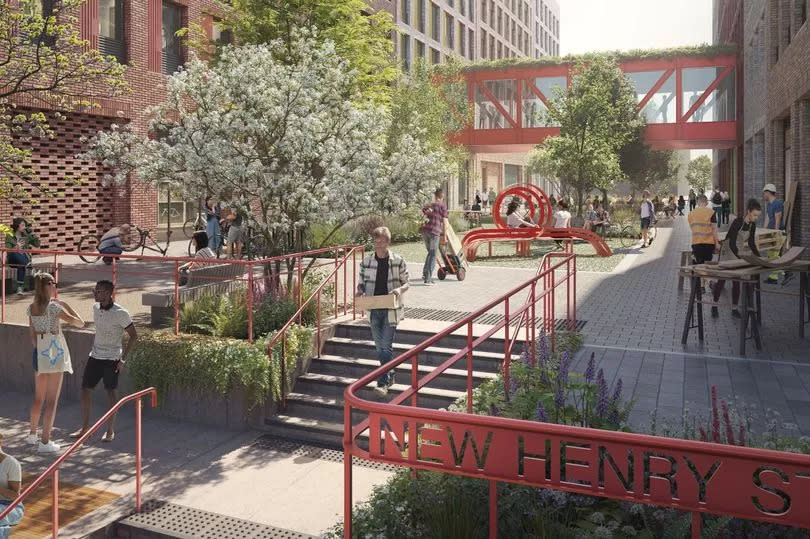
Local community and culture organisations including Watershed, Dare To Club, Wake The Tiger, and Artspace Lifespace have all objected to the plan, because of the loss of the Invisible Circus’ home.
“Our current situation is part of a far bigger picture,” said Invisible Circus director Wim Penhaul. “The loss of spaces like these will have a notable impact on the city’s cultural landscape, with many independent organisations being edged out of our central location to the outskirts, or outside of Bristol entirely.
“What makes Bristol so attractive is its diverse, accessible, rich cultural offering, and so it is important to start meaningful conversations about managing the cultural cost of the city’s economic growth,” he added. Dominus said they are working with the Invisible Circus to help them find a new home.
Another source for many of the objections are the regulars who go to the Dare To Club, which is just across the road from the proposed student accommodation development. Dare To is a venue for everything from England football match screenings or drum and bass club nights to BDSM and swinger parties, and its patrons have also been deluging the planners with objections. Dare To Club’s management said they fear their isolated position currently away from people’s homes will be ended, and they will be shut down by noise complaints from the students moving in to the flats opposite.
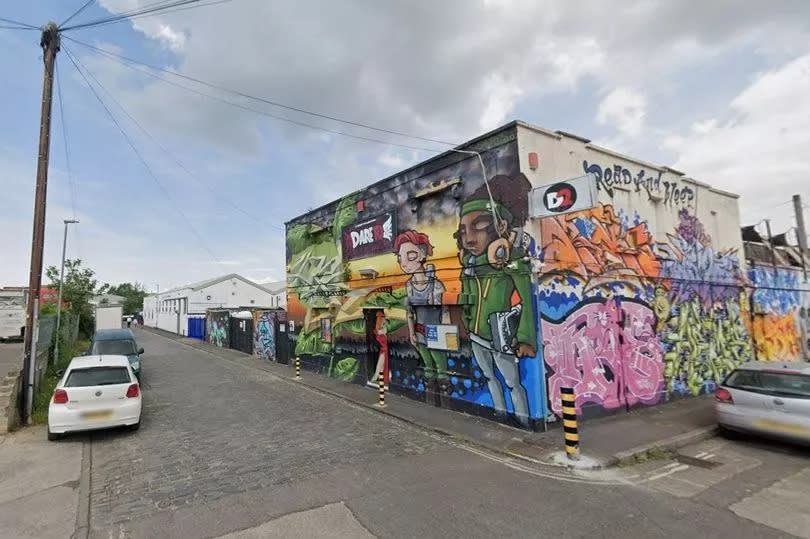
Bristol City Council ’s planners have recommended the scheme be refused. As well as the loss of employment land, the council planners said the site itself is not designated for residential development in the overall Local Plan for the area, it will be ‘overdeveloped’ because the student blocks will be too big, it will bring ‘harm to the mix and balance of the immediate community’, and have an ‘unacceptable impact on the amenity of neighbouring residential properties’.
“The benefits of the scheme include the offer of below-market rent for 20 per cent of the accommodation, peppercorn rent for the proposed maker spaces and contributing to the shortfall in the housing land supply,” the planners conceded, but added: “These have been assessed and weighed in the planning balance however they are not considered to outweigh the concerns raised above and the scheme is recommended for refusal.”
Councillors meet next week to decide on the scheme.

 Yahoo News
Yahoo News 
